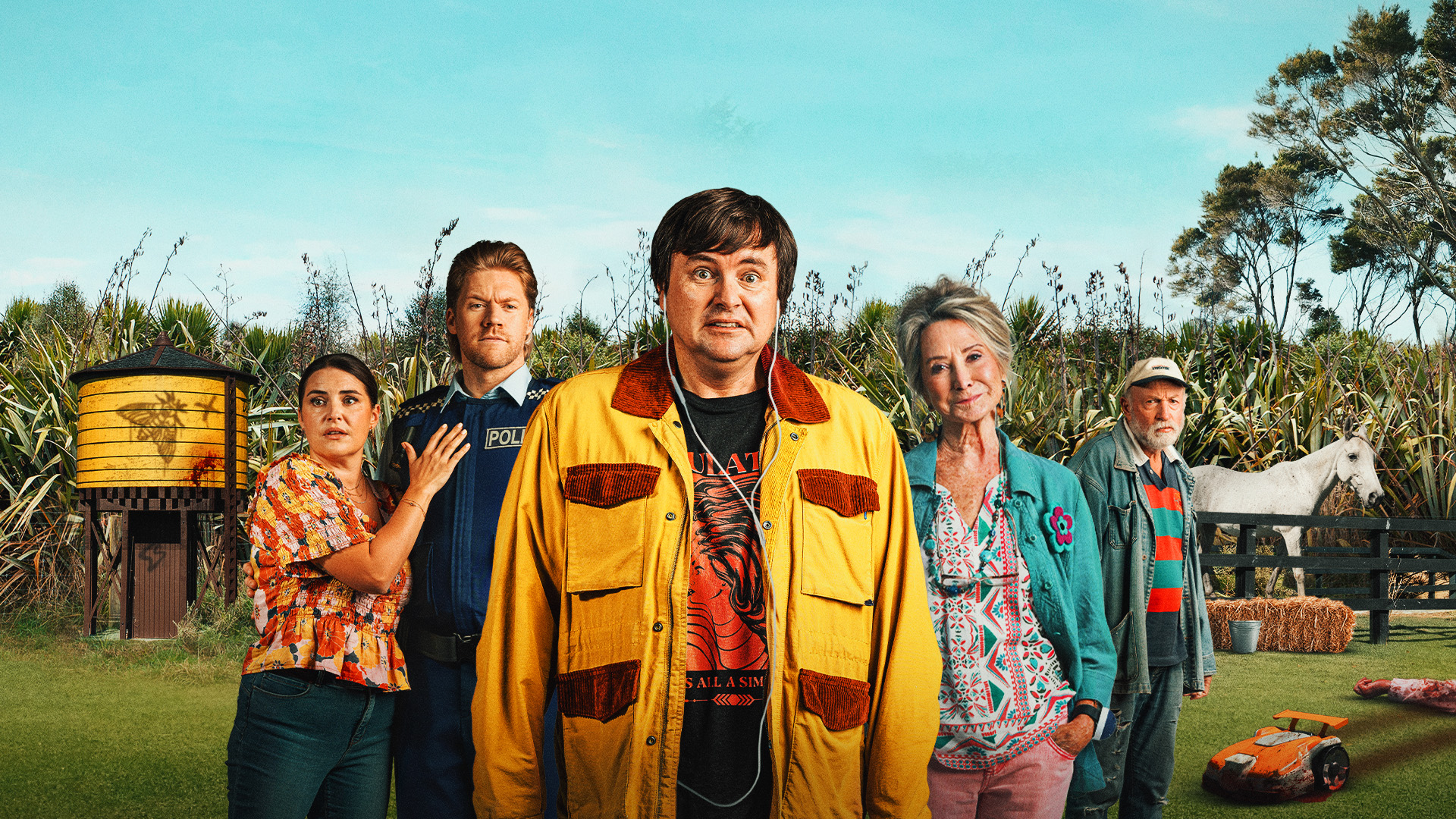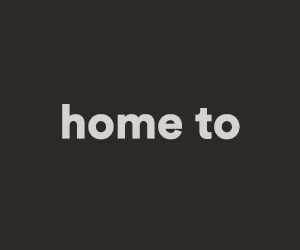Last week was a bad news week, mostly focused on the changes coming to WBD and Newshub. This week was a bit of a ditto week, with a similar if smaller scale scenario of cuts playing out at TVNZ – although there was better news elsewhere.
Unlike WBD, the state-owned broadcaster isn’t ditching news in its entirety (it couldn’t even if it wanted to), but what remains will be produced by fewer people. If some of the rumours turn out to be true, there’ll no longer be a news hour at six but something shorter.
Change, it seems, is the only constant at present – so this week we’re riffing on ideas being pursued elsewhere, and wondering if they might have a part to play here in avoiding or escaping the slow spiral of death that seems to be the lot of screen content, businesses and people in NZ currently.
We’ve never much cared where ideas come from, only whether they’re good or not, and whether they might contribute something useful to the stew we find ourselves in.
A couple of issues have popped up repeatedly over the last week.
One is the lack of legislation here in NZ around media/screen/content that’s (still) fit for purpose, given the ways the world is changing. The other’s the high level of ambition that other countries – all of them facing the same challenges that NZ faces – are demonstrating, while the response to those challenges here is simply: we’ll do less.
Ireland has had a good couple of years when it comes to pumping out titles with international reach and reward, and Scotland has a plan for world domination when it comes to inbound production.
Some parts of that plan (“Providing every child and young person in Scotland with the opportunity to engage in film and TV work”) are serious blue sky thinking, or the result of dunking the shortbread in the whisky. Either way, it’s a very impressive level of ambition.
The UK has just introduced a 40% rebate for British indie films – although the budget threshold for ‘indie’ which applies to the UK scheme (up to £15 million or NZ$30 million) is a lot higher than for titles here.
Elsewhere in Europe, Spotify, one of many content companies attempting to navigate a financially-sustainable path through the internet, is doing the happy dance this week. The source of its joy is a source of misery for competitor Apple. As paying for music online has grown, Apple has done a pretty good job of trying to scupper alternatives to its Apple Music service.
After a five-year process, the European Union has fined Apple almost US$2 billion (yes, billion with a b) for violating anti-trust laws. That money won’t end up in Spotify’s pockets, but the conditions on future behaviour accompanying the fine will enable Spotify and others to play on a more level field.
Which is all very nice for them and for Europe, but what’s the relevance of it all over here?
In practical terms, none. The EU enforcement of its own laws won’t change what Apple or Spotify do here, but the European legislation that’s allowed Spotify to advance its claims of illegal/unfair practices by Apple – and win a judgement against Apple – shows what we’re missing out on and what we could have.
When it comes to the creative industries as a whole, Europe has quite the raft of legislation to prevent things like monopolies and monopolistic behaviour, abuse of positions of market dominance by companies, not to mention substantial copyright protection laws that enable individuals, companies and governments to take action against companies which put their own interests ahead of those of consumers.
Those pieces of legislation and the protections they offer didn’t come about by chance. They are the result of vision and ambition, putting the voters/citizens of Europe at the centre of the legislation, which in turn provides benefit for both the production industries and consumers.
NZ would benefit from similarly ambitious thinking and similarly significant protections.
Over the last few months we’ve seen calls for new legislation that might mirror Australia’s approach to the changing landscape caused by streamers and social media platforms. In the last week, we’ve seen calls for ‘government action’ of whatever nature to preserve the diversity of news sources in NZ, following the announcement WBD intends to remove all NZ news content from Three and ThreeNow.
We’ve seen arguments against imposing streamer levies too, mostly on the grounds that such an approach would conflict with some of our existing legislation. We don’t consider that objection unsurmountable. After all, this week marks the end of 100 days of government tearing up existing legislation it didn’t like when it took office.
If government wanted to impose levies on streamers, it could – by repealing or amending the legislative hurdles to introducing them, or by finding a different way to achieve the same result. Unfortunately, we seem to have a government that prefers to watch the baby and the bathwater disappear down the drain, and then blame the previous government for wasting so much money that there isn’t enough left to buy a plug.
Although shocking, recent announcements such as significant job cuts at both TVNZ and WBD were flagged well in advance, and NZ On Air’s Where Are The Audiences? reports have been charting the migration of audiences of linear broadcast to streaming services.
Government could be at the centre of providing solutions to such challenges if it wanted to be, but that requires an appetite for putting its citizens first, and legislating that other entities serve the public interests as well as their own.
And if all that sounds a little too far left of centre, here’s why it’s not.
If any NZ government did impose such requirements on major global media and social media empires, and – by whatever means – require them to contribute to the NZ media landscape as well as benefit from being part of it, the government itself would be among the winners. It could deliver the same amount of support for local content as it does now, but at less cost to the taxpayer.
That would leave money in the kitty that’s not there now – for whatever purpose the government of the day wanted to use it. But, it would require ambition to build something, not tear it down.
















